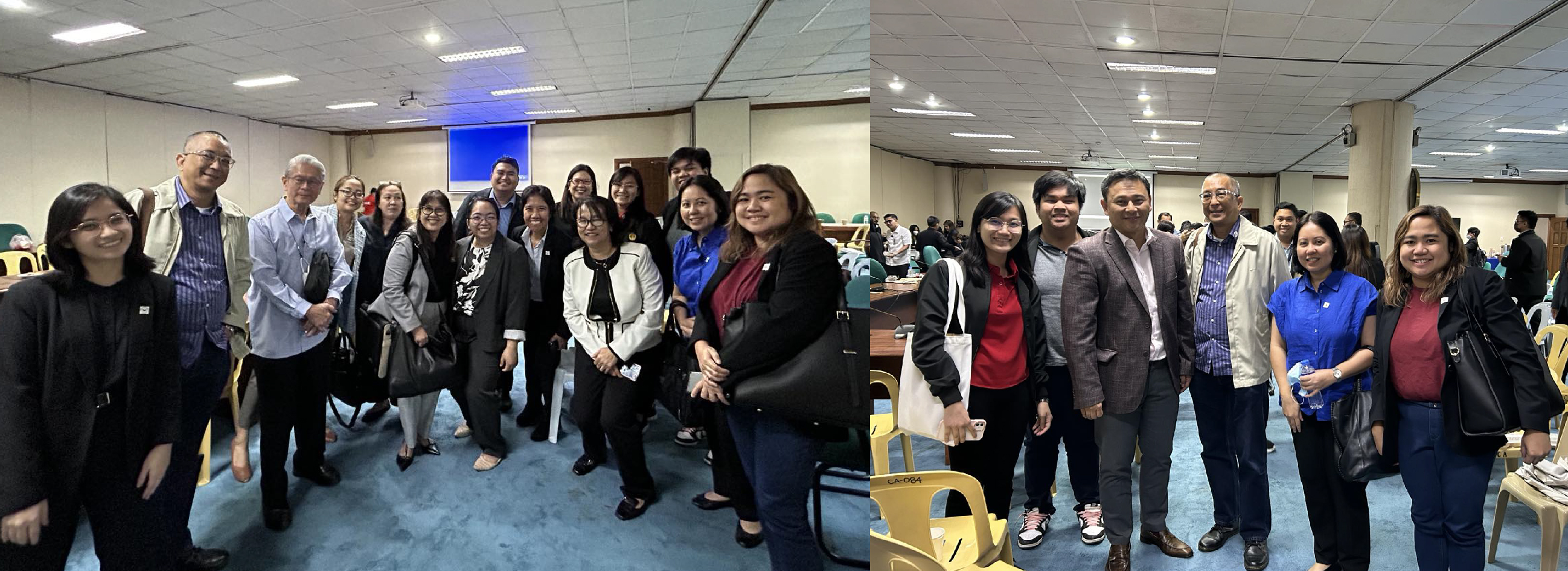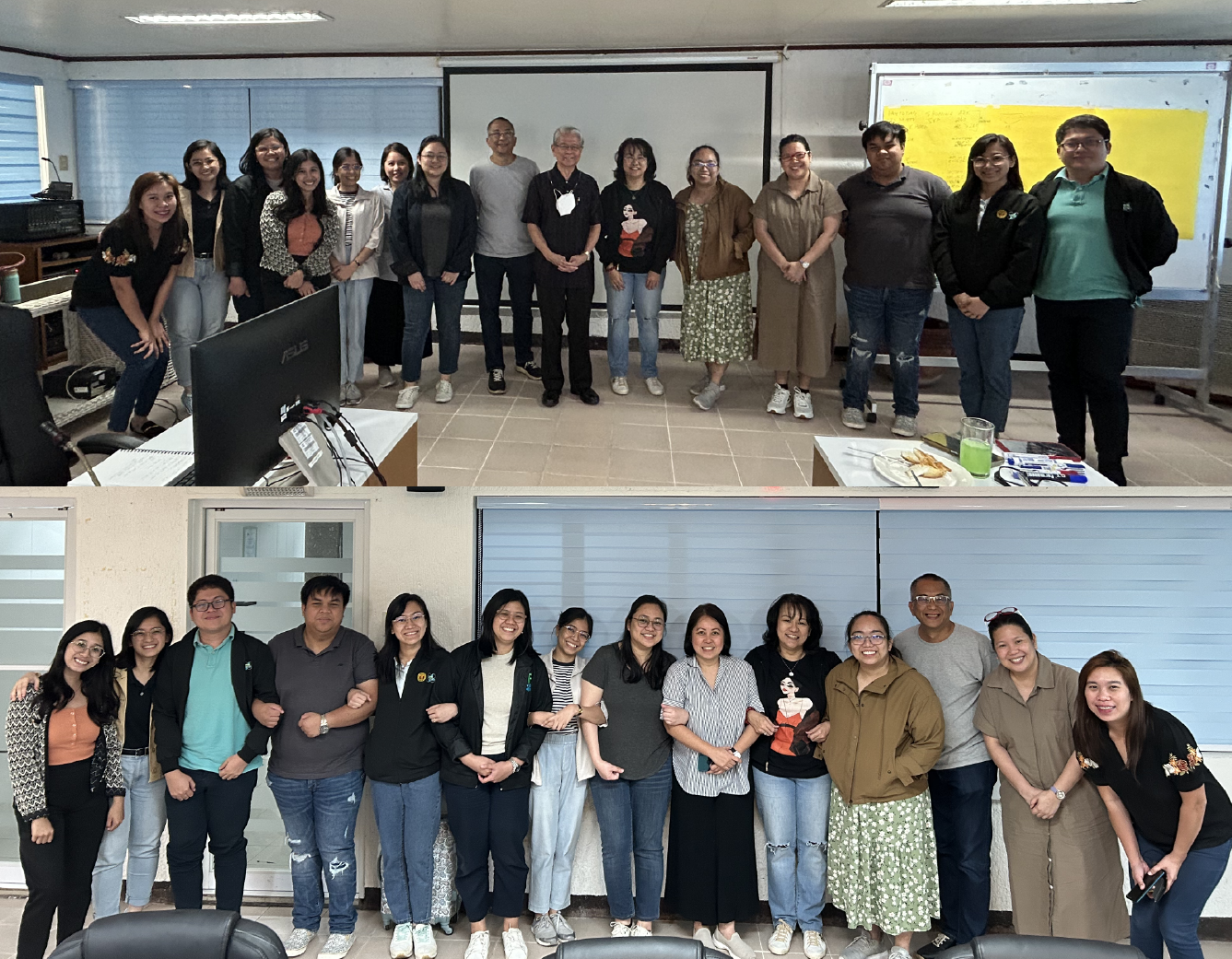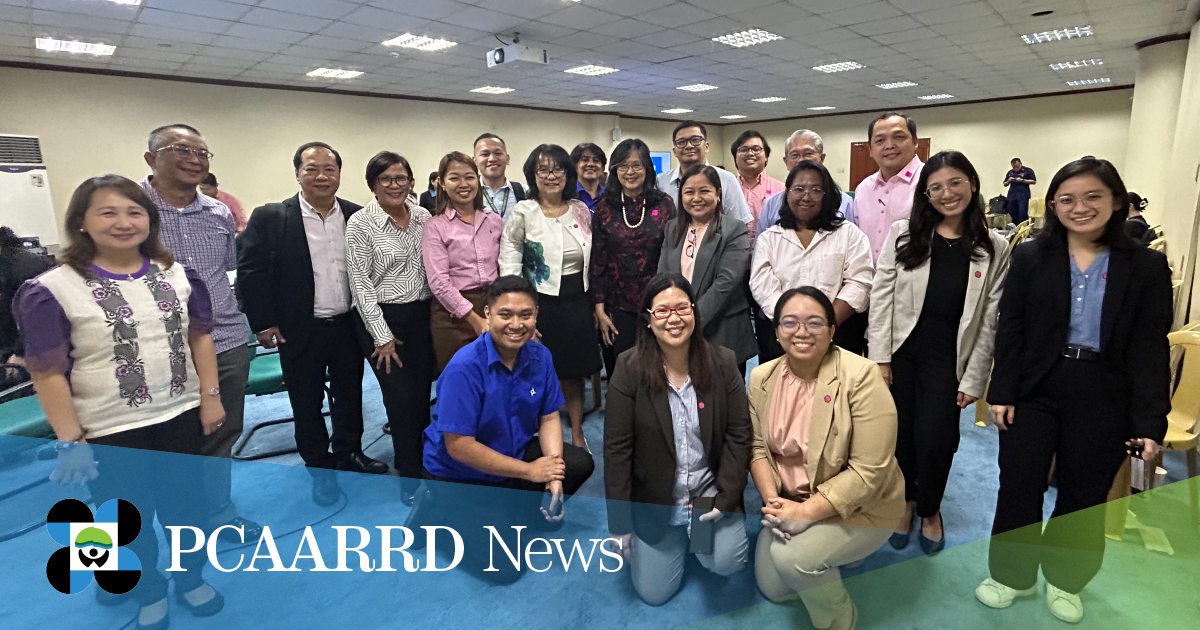
Research and development (R&D) is crucial in driving economic growth and addressing global developmental challenges. In the Philippines, public investment primarily drives R&D, but adherence to the government’s financial management system has hindered research and development institutions’ (RDIs) effectiveness and efficacy. Filipino scientists have reported difficulties with the lengthy and complex procurement processes, which delay and compromise the quality of their research.
Policy constraints and the need for reform
In response, the Philippine Council for Agriculture, Aquatic and Natural Resources Research and Development of the Department of Science and Technology (DOST-PCAARRD) commissioned a project to examine policy and institutional constraints impacting R&D. Titled “Assessment of Policy Constraints to the Effective and Efficient Conduct of Public R&D in the Philippines,” the project was led by Prof. Nelson Jose Vincent B. Querijero from the University of the Philippines Los Baños (UPLB).

DOST, DOST-PCAARRD, and UPLB-FMR representatives with Senator Angara during the first public hearing on the NGPA bill on October 17, 2024. (Image credit: SERD-PAG)
The study identified gaps in the 2016 Implementing Rules and Regulations (IRR) of the Republic Act (RA) 9184 such as Section 53.6 on scientific, scholarly, and media services, which lacked clarity and specific guidelines. This mode of procurement, intended for highly specialized research needs, was underutilized with only one out of 48 sampled RDIs taking advantage of it due to its unclear application.
Strategic advocacy and stakeholder engagement
The UPLB-Financial Management Reform (FMR) team proposed recommendations to address these issues, including amending and clarifying Section 53.6 of the Government Procurement Reform Act’s IRR. To leverage these recommendations, the Council funded the follow-up project, “Advocating Policy Reforms Towards Effective and Efficient Conduct of Public R&D in the Philippines,” which aims to lobby the adoption of the earlier project’s recommendations.
In May 2023, the FMR Team organized a roundtable discussion with key stakeholders, including DOST-PCAARRD, DOST, Government Procurement Policy Board (GPPB), Commission on Audit (COA), Department of Agriculture-Bureau of Agricultural Research (DA-BAR), Department of Environment and Natural Resources-Environmental Research and Development Bureau (DENR-ERDB), and the Commission on Higher Education (CHED). The discussion provided valuable insights for the team's lobbying strategies and activities, which they continued to pursue until a policy window presented itself last year.

The UPLB-FMR team and DOST-PCAARRD seized the advocacy window as Congress began deliberating on new procurement reform bills to amend RA 9184 or the “Government Procurement Reform Act” (GPRA).
On October 17, 2023, Assistant Professor Maria Kristina Alinsunurin represented the team at the Senate Committee on Finance Hearing. She discussed the study's findings with Senator Juan Edgardo "Sonny" M. Angara. The project team and DOST-PCAARRD engaged in ten technical working group meetings to develop and refine the procurement reform bill.
During the discussions, DOST, UPLB-FMR Team, and the broader Science, Technology, and Innovation (ST&I) community highlighted the procurement law's vagueness and misalignment with scientific needs, which impeded the progress of R&D activities and stifled the growth of the R&D workforce. The scientific community persistently lobbied for a dedicated procurement mode tailored to the unique needs of the scientific community and R&D/ST&I activities.

Members of the Technical Working Group with the legislative staff of Senator Angara during the TWG meeting of the NGPA bill on February 1, 2024. (Image credit: SERD-PAG)
In February 2024, DOST-PCAARRD organized a writeshop to draft provisions that could favor the STI community, such as Direct Acquisition and Direct Negotiation for Innovation. Acd. William G. Padolina of the National Academy for Science and Technology (NAST), Atty. Rissa Flor Ofilada of the UP Procurement Office, Engr. Ernilyn Brown of NAST, Ms. Nova Z. Navo of NAST, and the UPLB-FMR Team attended the writeshop.
This advocacy, amplified by the voices of scientists and researchers, led the key proponents of the bill including the GPPB and the Procurement Service - Department of Budget and Management (PS-DBM), to agree on drafting a procurement mode specifically for the ST&I community.
As a result, in March 2024, Senator Angara introduced and sponsored a bill, “Direct Procurement for Science, Technology, and Innovation (ST&I),” which included a new procurement mode. During the bill’s interpellations, DOST-PCAARRD and the team provided technical backstopping support to defend the bill’s provisions.

Legislative success and implementation
Finally, on July 22, 2024, President Ferdinand R. Marcos Jr. signed the bill into law as RA 12009, incorporating the “Direct Procurement for Science, Technology, and Innovation (ST&I)” provision. This new law allows ST&I agencies to directly procure necessary equipment, supplies, and services from capable suppliers for R&D activities and pre-commercial goods and services. This provision is expected to streamline the process of effective and efficient public R&D. Additionally, the law introduced concepts such as the “Most Economically Advantageous Responsive Bid,” Green Public Procurement, eMarketplace, and Inclusive Procurement Program to enhance efficiency, transparency, and accountability in public procurement.
The ST&I community now looks forward to developing the law’s Implementing Rules and Regulations to ensure that it reflects the intent of the provision for effective implementation.
This accomplishment is a testament to the significance of the Council’s Policy Analysis and Advocacy banner program in supporting policy research that provides science and evidence-based information for more informed policymaking. Through this program, policy recommendations and reforms were crafted to create a more favorable policy landscape for science, technology, and innovation, thereby encouraging investment in the development of the agriculture, aquatic, and natural resources (AANR) sector.

